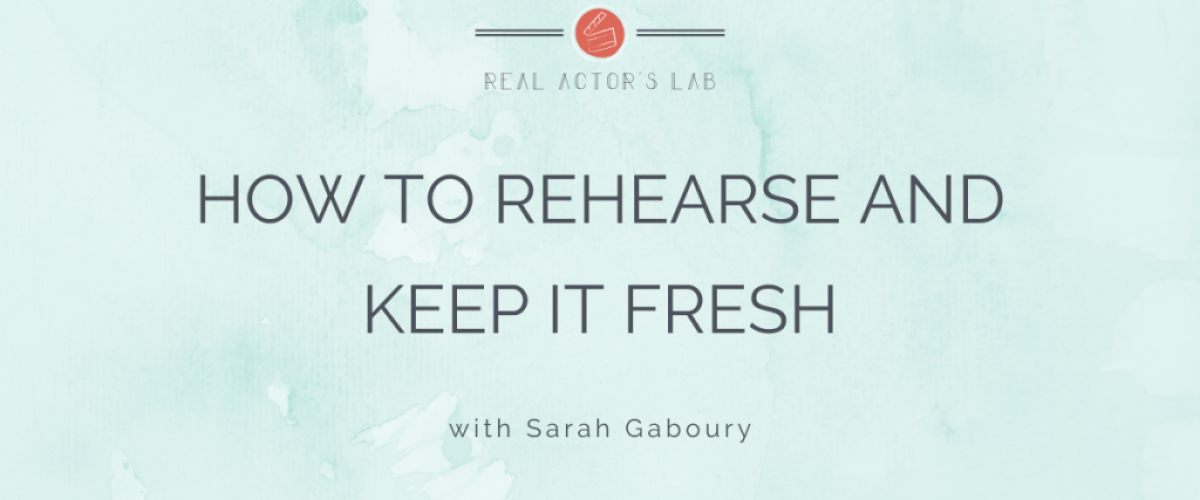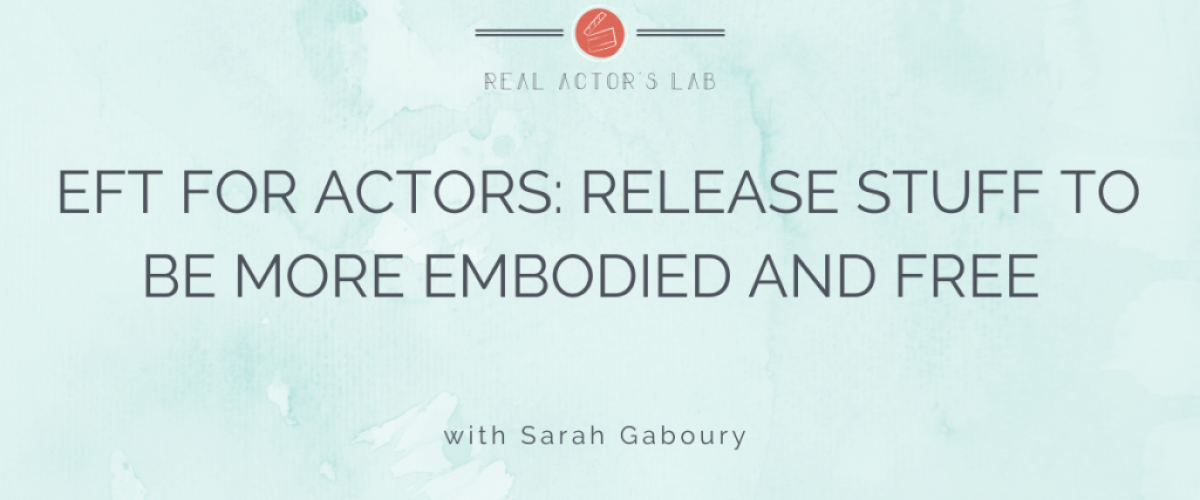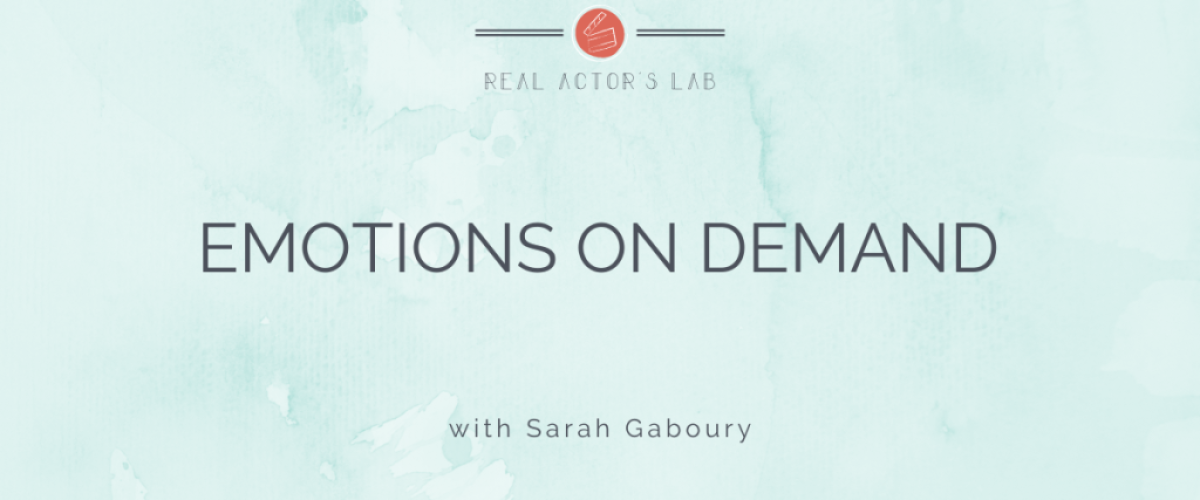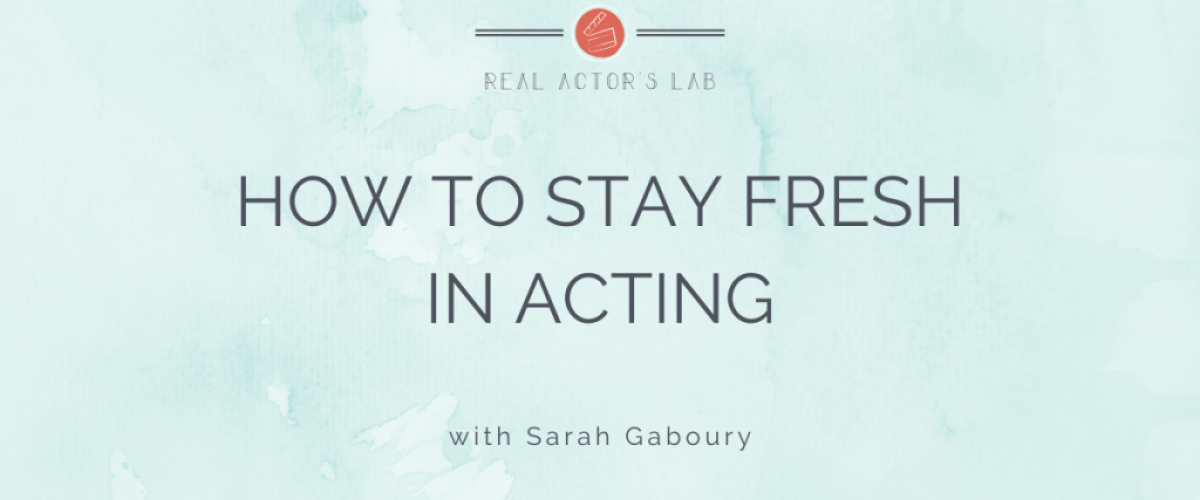How to rehearse to keep it fresh in performance
Ever not exactly sure how to rehearse?
I believe in rehearsal. I’ve rarely used the term “over-rehearsed” because I rarely see that as the cause of less than excellent work. This diagnosis is usually thrown out there when a performance looks rigid, planned, or stale.
But how you rehearse is crucial and the key to avoiding those previously mentioned pitfalls.
Ok, so how do you keep your work fresh when rehearsing a lot? Or when you’re doing the same take or play over and over again?
How you rehearse will inform how you perform. So if you notice in rehearsal that the scene feels stuck in sameness each time through, when you get on set or on stage, you may find yourself regurgitating an intonation or making an attempt to reproduce certain results that felt good. But this means you’re focusing on yourself and the results instead of the other person.
The key here is to think of rehearsal as a time to play, experiment, and plant seeds vs a time to lock in your performance and create some sort of rigid plan. Focus on what you’re doing to the other person instead of how the words are coming out. Make sure you watch the clip below to learn how to implement this.
I love to recommend the app Actions: The Actors’ Thesaurus to keep rehearsals playful. It can help shake you out of that dreaded “saying the line the same way every time” problem.
CLASS CLIP TRANSCRIPTION
Sarah: Let’s talk about how to rehearse now that you’ve got a good little skeleton here to work with.
I want you to be really careful of trying to recreate. Like, you’ll try something with your verb, and you’ll like it, it’ll come out well. Ooh, that feels right. And then, instead of trying to redo the verb, you’ll try to redo how you did it, with the same inflection. Try to stay away from that. Try to keep playing. I’m doing this to Dad, I’m doing this to Dad. And let it come out fresh every time.
And you can also—we don’t have to nail down all these verbs, right? You can rehearse and keep looking for more. Okay, “destroy” was cool, what if I demolish him, what if I attack him, what if I shatter him? It’s kind of like you’re taking each seed from each verb, planting it in the little hole in the dirt, covering it up, and then watering it. And then when you go to do the scene and you’re rehearsing it, you see what comes up based on your instincts and based on what the other actor, or the other reader, gives you in that circumstance.
So you’re not locked in. You can still listen. You can still respond with authenticity.




